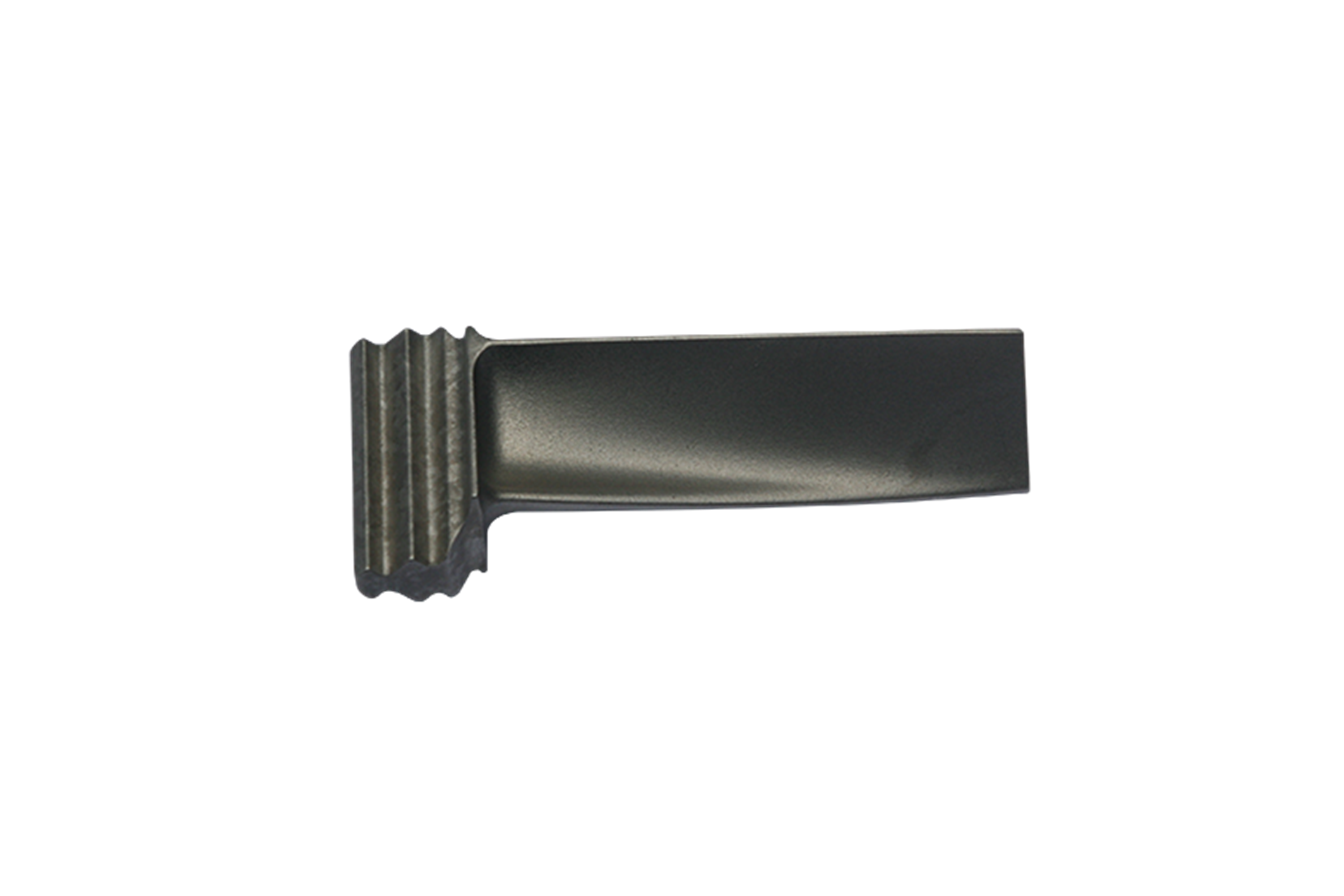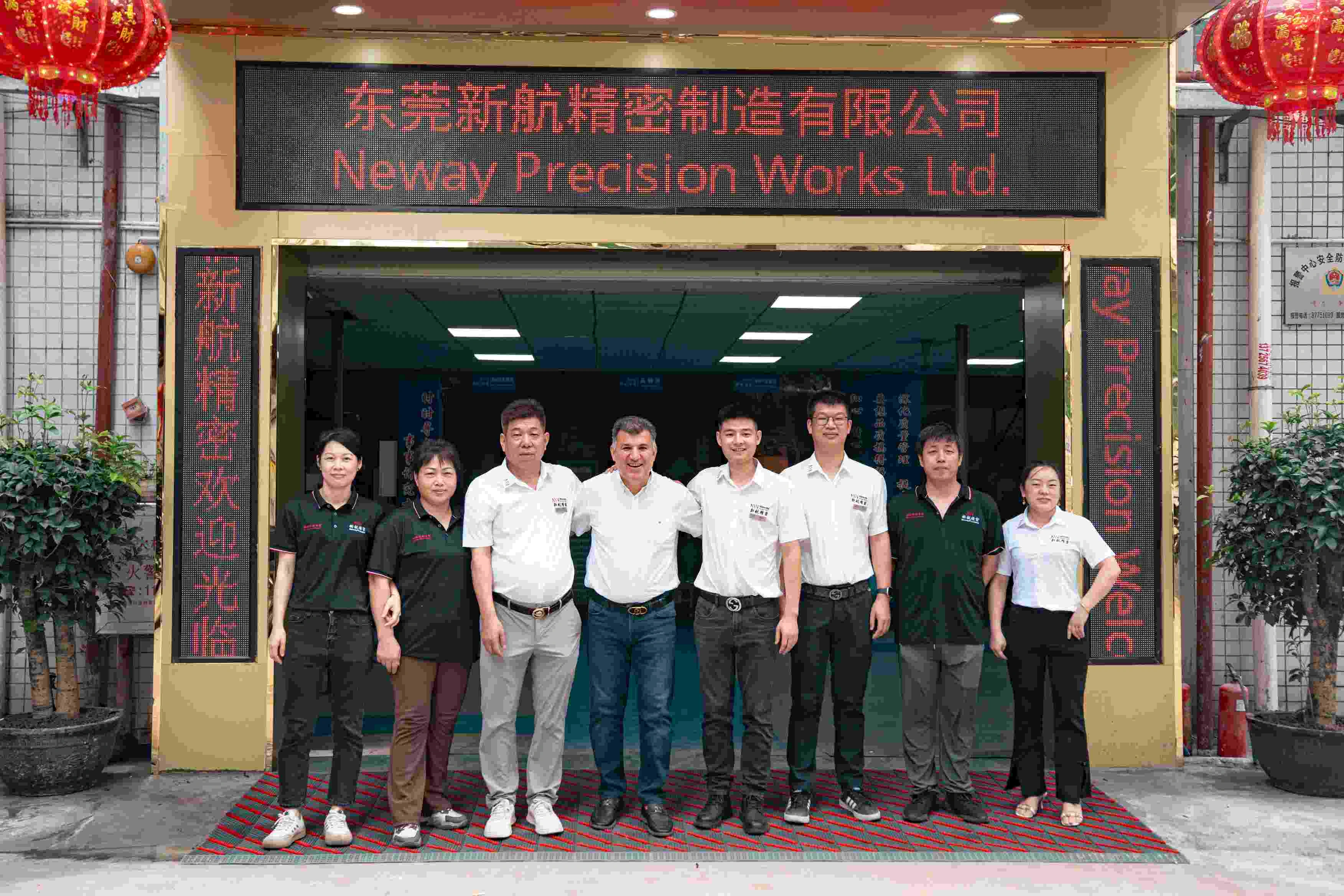High Temperature Precision Forging and CNC Machined Parts
Introduction
High temperature precision forging combined with advanced superalloy CNC machining provides robust solutions for manufacturing critical components operating in extreme environments such as aerospace engines and industrial gas turbines. This process ensures outstanding dimensional precision (±0.02 mm), superior mechanical properties, and enhanced fatigue resistance at temperatures up to 1100°C.
At Neway AeroTech, specialized superalloy precision forging processes coupled with precision CNC machining techniques deliver components that meet stringent aerospace standards (AS9100, NADCAP), achieving consistent reliability and performance in demanding applications.
Core Technologies of High Temperature Precision Forging and CNC Machining
Material Selection and Preheating: High-performance alloys (e.g., Inconel 718) are preheated precisely at 950–1100°C to achieve optimal plastic deformation characteristics, minimizing forging defects.
Precision Die Design and Preparation: Custom-designed forging dies manufactured from high-strength tool steels (e.g., H13), precision-machined within ±0.01 mm tolerance, ensuring accurate and consistent part geometry.
Controlled Forging Process: Advanced hydraulic forging presses (up to 10,000 tons) precisely shape heated billets under controlled strain rates, achieving superior grain refinement and mechanical integrity.
Controlled Cooling and Heat Treatment: Controlled post-forging cooling rates and heat treatments (solution treatment at ~980°C, aging at ~720°C) optimize mechanical properties, eliminating residual stresses and enhancing structural stability.
CNC Machining Rough Operations: High-speed CNC machining removes bulk material efficiently, achieving rough dimensional accuracy (~0.1 mm tolerance), preparing the component for precise finishing processes.
Precision CNC Finishing Machining: 5-axis CNC machining precisely finalizes complex geometries and tight tolerances (±0.02 mm), enhancing aerodynamic performance and structural integrity of critical surfaces.
Surface and Edge Treatments: Specialized finishing treatments, including polishing, deburring, and Thermal Barrier Coating (TBC) applications, provide improved corrosion resistance, durability, and heat shielding.
Quality Control and Inspection: Comprehensive inspections using Coordinate Measuring Machines (CMM), X-ray, and ultrasonic testing validate component precision and defect-free integrity.
Advantages of High Temperature Precision Forged and CNC Machined Components
Exceptional dimensional accuracy of ±0.02 mm.
Uniform and refined grain structure, enhancing mechanical performance.
Superior fatigue strength and creep resistance at temperatures exceeding 1100°C.
Minimized internal defects and porosity due to controlled forging parameters.
Enhanced surface finish quality (Ra ≤0.8 μm), improving aerodynamic efficiency.
Case Study: Precision Forged and CNC Machined Turbine Disc
Project Background
Neway AeroTech successfully executed precision forging and CNC machining for turbine discs made from powder metallurgy alloy Rene 88, supporting a global aerospace engine manufacturer. The discs required tight dimensional tolerances, exceptional fatigue resistance, and consistent structural integrity for critical aerospace turbine applications.
Component Applications and Features
Aerospace Turbine Discs: Critical rotating parts demanding high tensile strength (>1200 MPa) and fatigue life exceeding 100,000 cycles under operational stresses.
Industrial Gas Turbine Rotors: Components designed for continuous operations at temperatures over 750°C, demanding robust thermal and mechanical properties.
Compressor and Fan Discs: Precisely machined discs maintaining excellent dimensional stability, aerodynamic efficiency, and structural reliability under high rotational speeds (~15,000 rpm).
Military Jet Engine Components: Forged and machined parts engineered for extreme acceleration, temperatures (~1100°C), and operational durability under severe mission profiles.
Manufacturing Challenges and Solutions
Challenges:
Maintaining precise dimensional accuracy of ±0.02 mm across complex geometries.
Ensuring defect-free internal microstructures and minimal residual stresses.
Achieving uniform mechanical properties consistently across large production batches.
Meeting stringent aerospace industry standards and certification requirements (AS9100, NADCAP).
Solutions:
Utilized precise temperature control (±5°C) during forging operations to optimize alloy deformation behavior.
Employed advanced multi-axis CNC machining techniques ensuring consistent precision finishing.
Integrated meticulous heat treatment protocols (solution and aging) for consistent mechanical property optimization.
Rigorous quality inspections, including dimensional verification and non-destructive testing methods (ultrasonic, X-ray), to ensure compliance with aerospace standards.
Results and Verification
Consistent achievement of critical dimensional tolerances (±0.02 mm), significantly improving component assembly accuracy.
Mechanical testing demonstrated tensile strength consistently above 1200 MPa, meeting stringent aerospace specifications.
Non-destructive inspections (CMM, X-ray, ultrasonic) confirmed component integrity with zero detectable defects or internal voids.
Field validation indicated component durability surpassing the targeted 100,000 operational cycles, demonstrating excellent performance reliability.
FAQs
What alloys are typically used for high temperature precision forging and CNC machining?
How accurate are the dimensional tolerances achieved by precision forging and CNC machining processes?
What quality inspection methods ensure the integrity of precision forged and machined components?
What heat treatments are typically used to enhance the properties of forged superalloy components?
Why is precision forging combined with CNC machining preferred for aerospace turbine component manufacturing?

